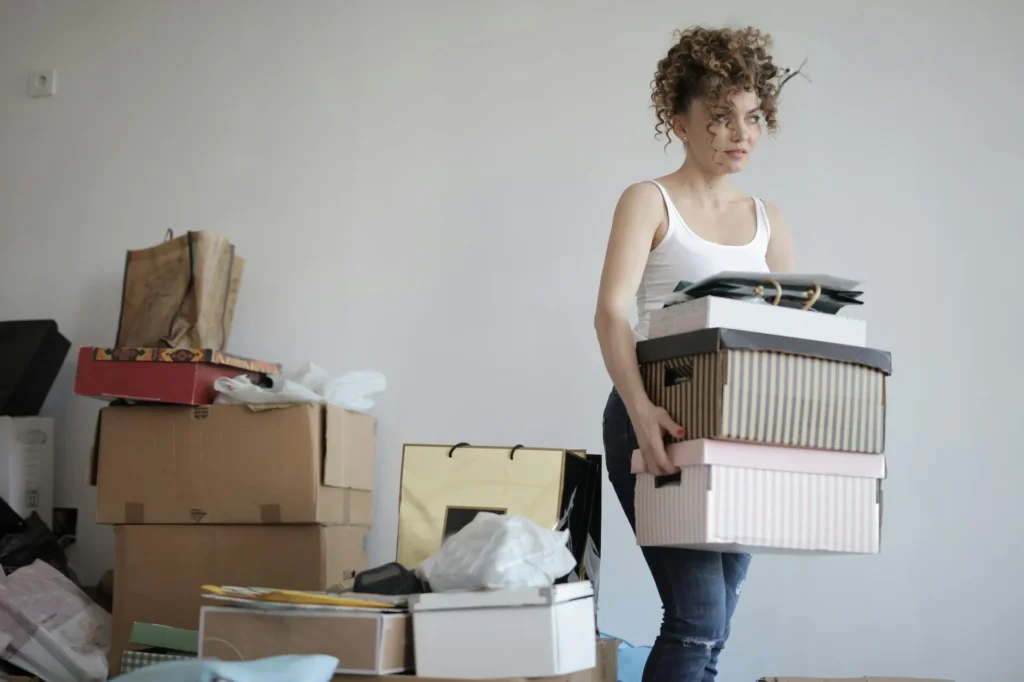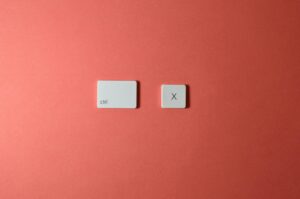The Idea of the Week
Clutter can impact your physical space, such as when you can not find your keys because there is a pile up on the kitchen table or you can not open the garage door with all the boxes in the way. For some, the clutter may be annoying but they can work around it. For others, the clutter can be overwhelming and impact your day-to-day functioning.
So, clutter can impact your mental health, too. Read this 6-minute Verywell Mind article to learn how clutter and mental health are connected as well as how you can identify clutter in your life.
The Practice of the Week
Have a cluttered home but don’t know where to start? That’s okay! Let’s break this project down into smaller tasks. For this exercise, pick one room(e.g., the living room) or one area of a room (e.g., the TV area) to declutter. Then set a designated timeline for you to work on that area.
Declutter Tip: Sort the items in the area into three categories: items that belong in that area, items that do not belong in that area, and discarded items.
Decluttering does not have to be a comprehensive or long task. Maybe the goal is to declutter the living room throughout the week. You can use the time between errands to pick out one thing that does not belong in the living room and add it to a container for you to sort out later. The point is that you can slowly declutter your home and achieve a cleaner space without spending hours deep cleaning your home.
If you have ADHD or ADD, you may reach a level of disorganization that becomes chronic, pervasive, and stressful. Disorganization can manifest physically, mentally, in planning, and even in talking. Many people with ADHD/ADD may leverage visual cues to remind them of items they have, what they need to do, and how to keep track of things.
In this 9-minute article, Verywell Mind discusses How to Manage Disorganization in ADHD both mentally and physically.
Does your mind feel all over the place? Scattered? Do you have a million thoughts racing in your head telling you to do this and you need to do that? Here is one exercise to calm an overwhelmed mind and declutter your mental space: a brain dump.
This 16-minute video is a guided exercise for you to dump out all of your thoughts onto the page. Let the paper hold your thoughts for you.
Do you have an item you do not know if you should discard or keep it? Use this decision tree to determine whether you would like to keep or discard the item.
The Thought of the Week
Wishing you a peaceful week!






